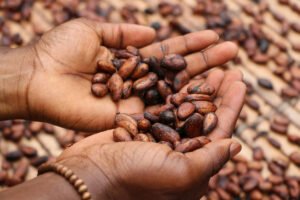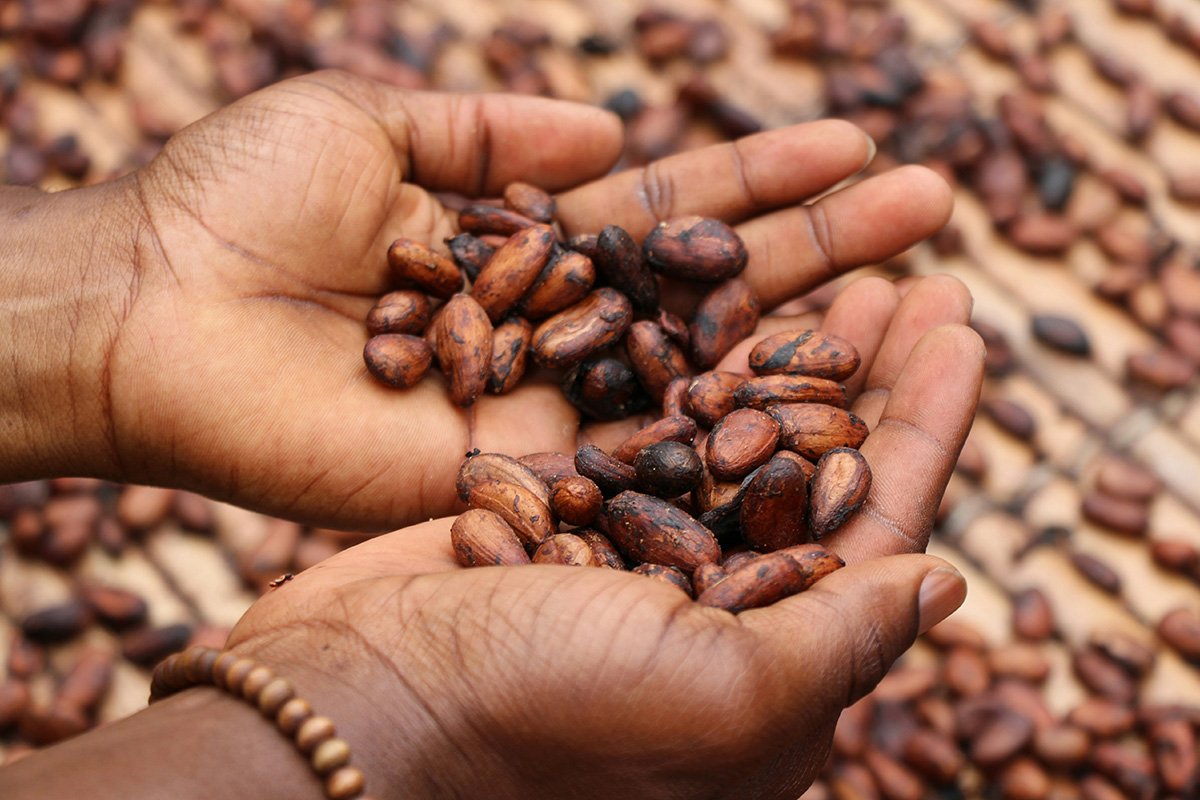January/February 2012; Source: The Global Journal
The Geneva, Switzerland-based magazine The Global Journal has just published its “first ranking of its kind” list of the “Top 100 Best NGOs.” It’s an unusual compilation in that the editors of this magazine acknowledge that they eschew quantitative metrics for a series of qualitative measures, which are as follows:
- Innovation: Creativity in programming/fresh approaches to old problems
- Effectiveness: Delivery against objectives/quality of external evaluations
- Impact: Outcomes over outputs/wider flow-on effects/donor-driven vs needs-based
- Efficiency & Value for Money: Administrative overheads/coordination to avoid duplication
- Sustainability: Enduring impact and relevance/problem-solving vs self-preserving
- Strategic & Financial Management: Consistency of funding/self-evaluation processes
- Peer Review: NGO and donor perception of sectoral ‘leaders’/awards and recognition
This was the “inaugural” ranking for this magazine, and given its international scope, the top 100 has a strong international flavor. According to the brief published methodology, the editors generated a list of 1,000 candidates, cut it down to 400, then did an unranked top 100, and followed that with the rank order of the final 100.
The credibility of the Global team to make this list is a little suspect. As an international project, we’re guessing Global’s team probably drew on its “partner” organizations: the Geneva Academy of International Humanitarian Law and Human Rights, the Fondation Pour Genève, Global Geneva, the Human Rights Foundation, Internations, Poster for Tomorrow, the University of Geneva, and YaleGlobal Online. Whether that is the case or not, the result is a heavy dose of human rights and international development organizations, but as you’ll see below, some known U.S.-based groups do make the list, almost of all them with international profiles, if not programs:
1 – The Wikimedia Foundation
2 – Partners in Health
5 – International Rescue Committee
6 – PATH
11 – Mercy Corps
12 – Heifer International
14 – Human Rights Watch
17 – Water for People
26 – Ceres
29 – Acumen Fund
30 – CeaseFire
31 – Teach for America
36 – Root Capital
43 – Harlem Children’s Zone
46 – Open Society Foundations
52 – Search for Common Ground
53 – International Medical Corps
Sign up for our free newsletters
Subscribe to NPQ's newsletters to have our top stories delivered directly to your inbox.
By signing up, you agree to our privacy policy and terms of use, and to receive messages from NPQ and our partners.
54 – Clinton Health Access Initiative
56 – Rare
57 – Ashoka
62 – Habitat for Humanity
64 – KickStart
65 – OneWorld Health
66 – Room to Read
67 – Rainforest Alliance
71 – TED
72 – Common Ground
77 – Creative Commons
80 – Global Viral Forecasting Initiative
82 – International Center for Transitional Justice
83 – WITNESS
84 – Portable Light Project
87 – Innovations for Poverty Action
89 – Medic Mobile
95 – Architecture for Humanity
97 – Global Footprint Project
Some of these are well known to us. Others are identified as working on poverty reduction or homelessness but have never crossed our computer screens. A couple are of the rather effective self-promotional types currently in vogue, but that is to be expected in “top” lists of anything. Some non-U.S. NGOs on the list are well known to NPQ readers and undoubtedly deserve plaudits for excellent programs, including Medicins sans Frontieres (8), Oxfam (3), BRAC (4), and Amnesty International (19).
What is intriguing about the list is not the specific rankings, which are as subjective and unreliable as any other qualitative or quantitative ranking exercise of this sort. It is the inclusion of some groups whose minimal descriptions make us want to know more: Ushahidi (10), based in Kenya, is described as “crowdsourcing software;” Apopo (24), from Tanzania, “humanitarian demining;” Digital Divide Data (29), Cambodia, “social business;” Tostan (41), Senegal, community development; Aflatoun (50), the Netherlands, financial literacy; Interpeace (78), Switzerland, “peacebuilding” (which is also the specialty of U.K.’s Saferworld at 90); A.P.E. (92), Egypt, environment and community development; and Libera (99), Italy, “community empowerment.” Of course, we would probably like to know what some of the U.S. winners do, too.–Rick Cohen











